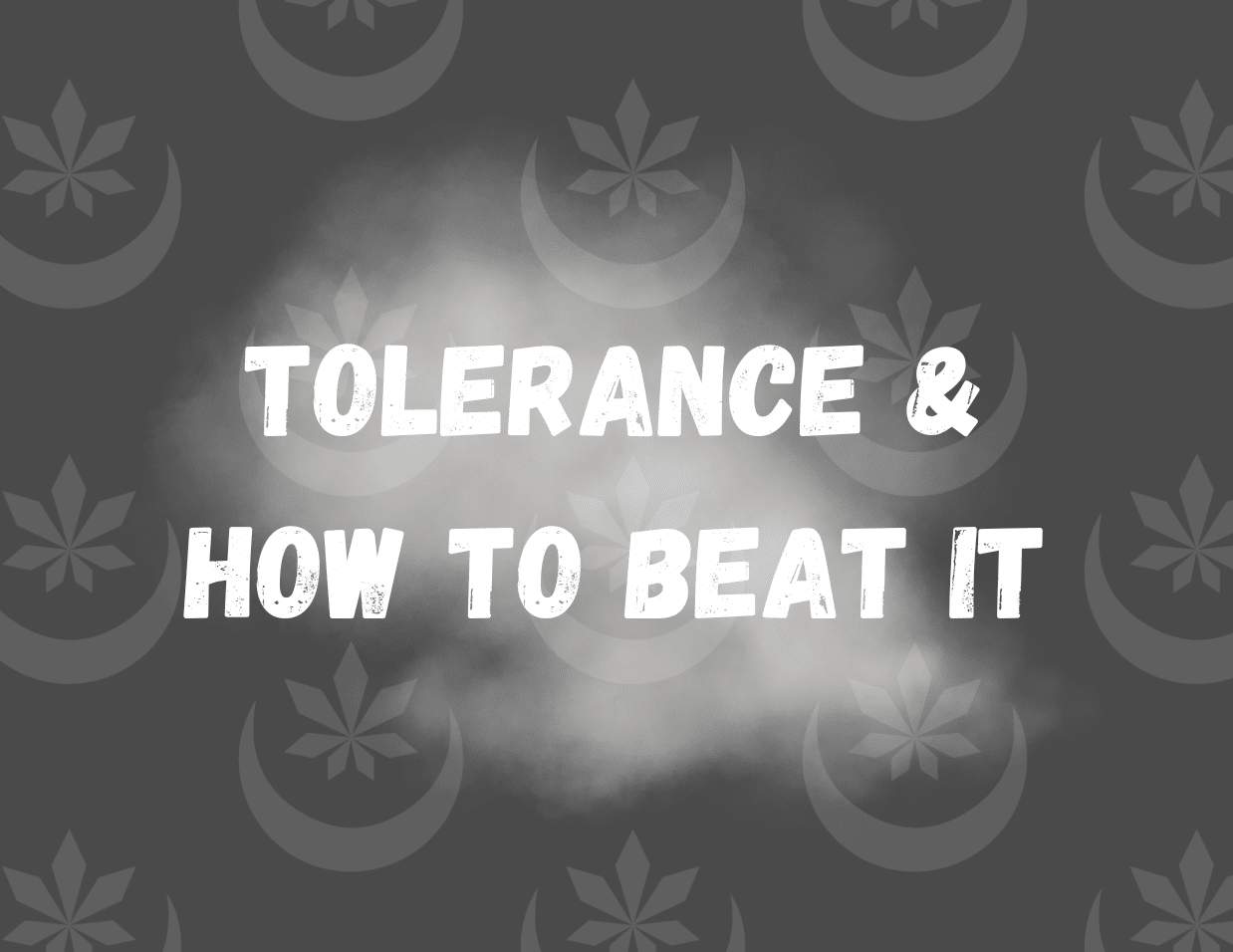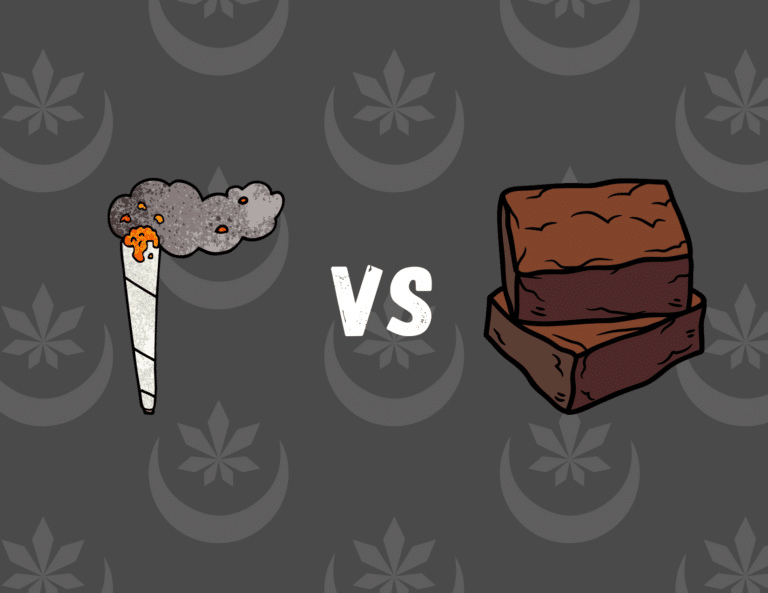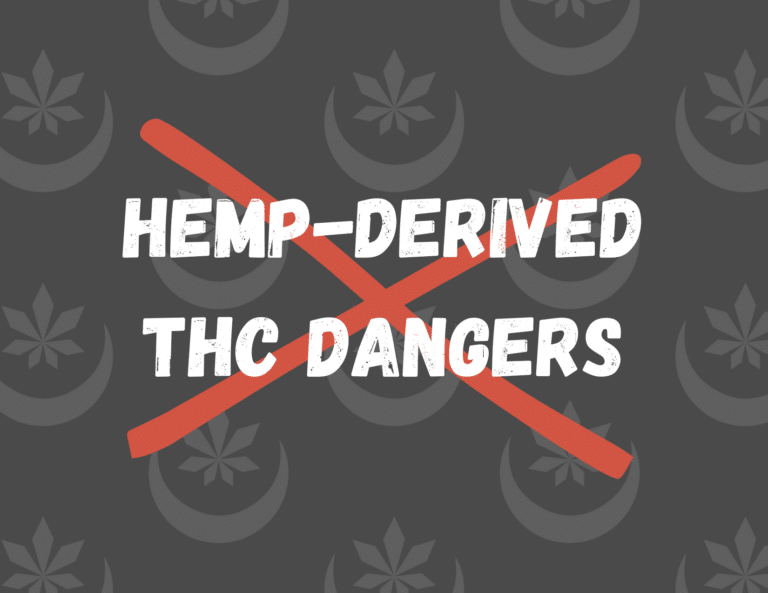
Are you finding that your usual cannabis experience just isn’t what it used to be? If so, you may have developed a tolerance to cannabis, making it necessary to consume more to achieve the same effects. But fear not, there are strategies to overcome this issue. In this blog post, we will explore what tolerance is, why it matters, and provide you with tips on how to beat it. Let’s dive in!
Part 1: Understanding Cannabis Tolerance
What Is Cannabis Tolerance? Cannabis tolerance, often referred to as THC tolerance, is the phenomenon where regular cannabis users need increasingly larger amounts of the plant to achieve the desired effects. Over time, the body becomes desensitized to the effects of cannabis, leading to the need for higher consumption.
How Does Tolerance Develop? Cannabis tolerance develops with regular use, primarily due to the way THC interacts with our endocannabinoid system. The more you consume and the stronger the cannabis, the quicker tolerance can build. Individual biology and lifestyle also play a role in the development of tolerance.
Part 2: Beating Cannabis Tolerance with T-Breaks
Taking a T-Break One of the most effective ways to reduce tolerance is by taking a “T-break” – a period of abstinence from cannabis. A T-break allows your body to reset and recover, flushing out accumulated THC.
Tips for a Successful T-Break
- Understand the importance of a T-break.
- Determine the duration of your T-break based on your cannabis use intensity.
- Create an action plan with specific goals.
- Seek support from friends who understand your journey.
- Engage in activities that don’t involve cannabis.
- Monitor your progress to measure its effectiveness.
Part 3: Alternative Approaches to Reducing Tolerance
Using CBD Products CBD products, with their higher CBD-to-THC ratio, can offer therapeutic benefits without leading to THC tolerance. They can provide relief without the psychoactive effects of THC.
Tight Dosing Control Minimize your cannabis intake to the necessary amount for comfort. Overindulgence can contribute to tolerance development.
Reducing Frequency Consuming less frequently can help prevent tolerance from returning in the future. By spacing out consumption, you allow your body to reset more effectively.
Part 4: Dealing with Withdrawal and Preventing Future Tolerance
Dealing with Withdrawal Taking a T-break might lead to withdrawal symptoms, including mood swings, fatigue, headaches, and more. Stay hydrated, get plenty of rest, and engage in physical activities to manage these symptoms.
Preventing Future Tolerance After successfully reducing your tolerance, keep it in check by:
- Using lower-THC products
- Limiting your cannabis use frequency
- Lowering your dosage
- Considering CBD-only products
Conclusion: Enjoy Cannabis Like a Beginner Again
This may be a common issue among regular users, but it’s not insurmountable. By understanding the causes of tolerance and employing the strategies we’ve outlined, you can regain the enjoyment and effectiveness of cannabis without overindulging. Whether you choose a T-break, alternative products, or other methods, remember that self-care is key. It’s important to remember that this medicine is sacred, and should be respected. With a bit of discretion and experimentation, you can find the right balance for your cannabis experience.
Copyright © 2024 Magic Mann All rights reserved.
Site by CannaPlanners





